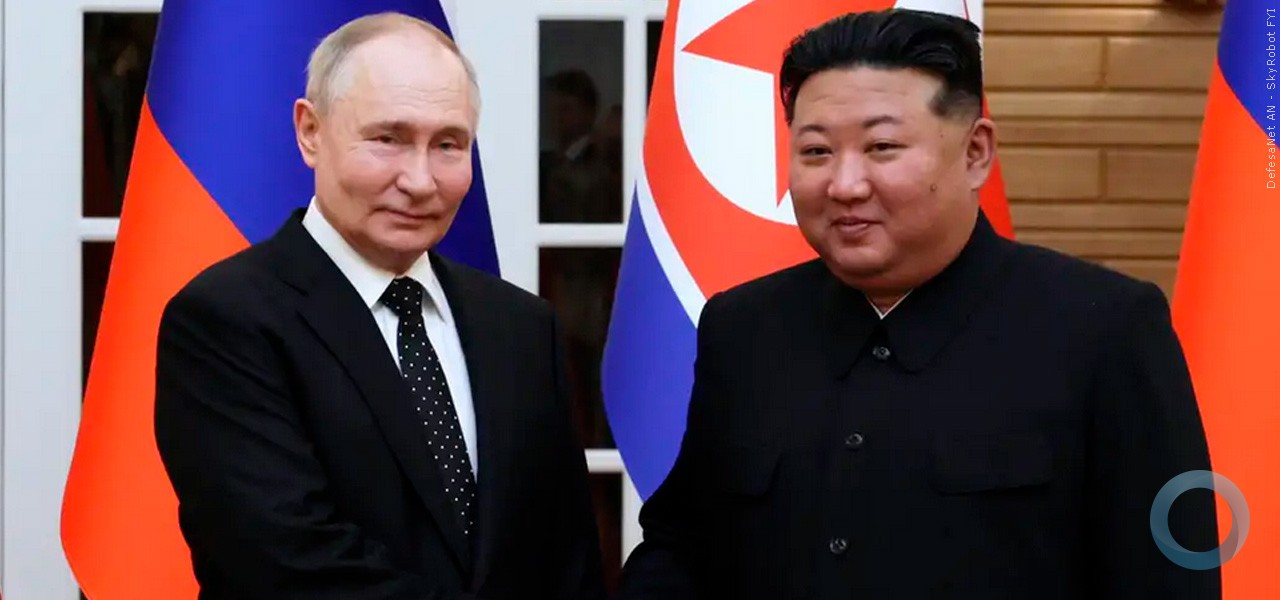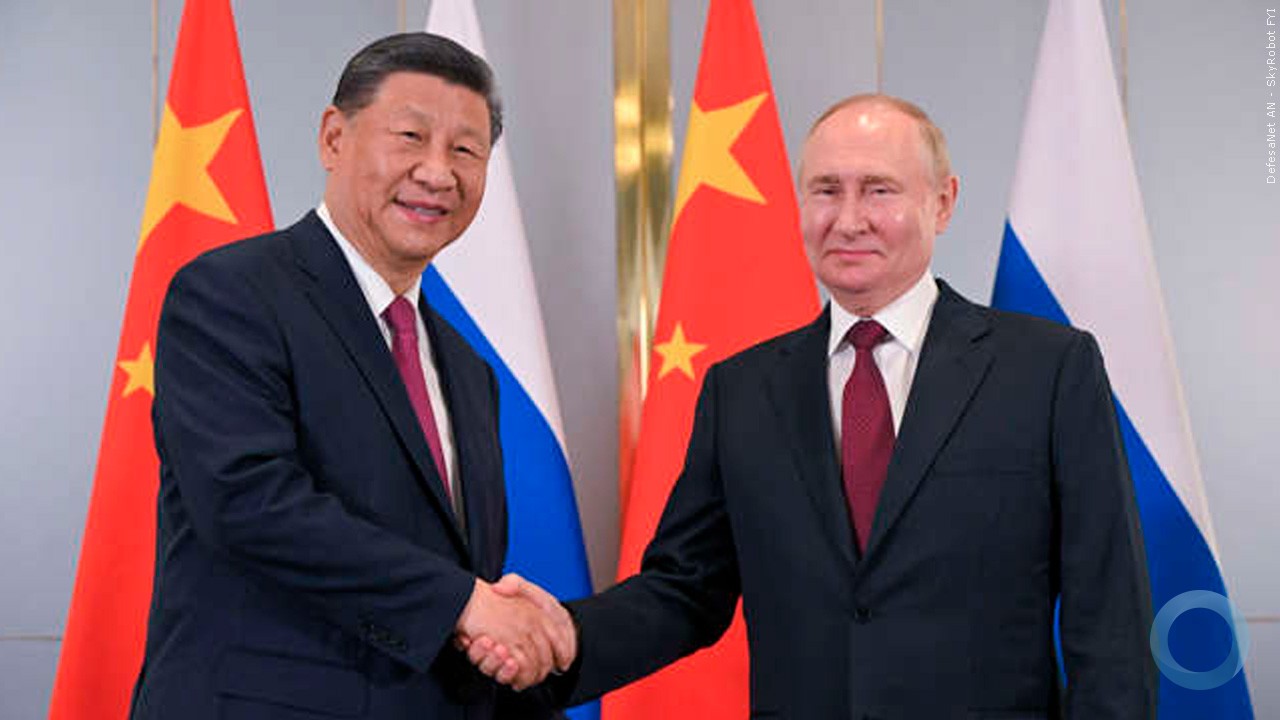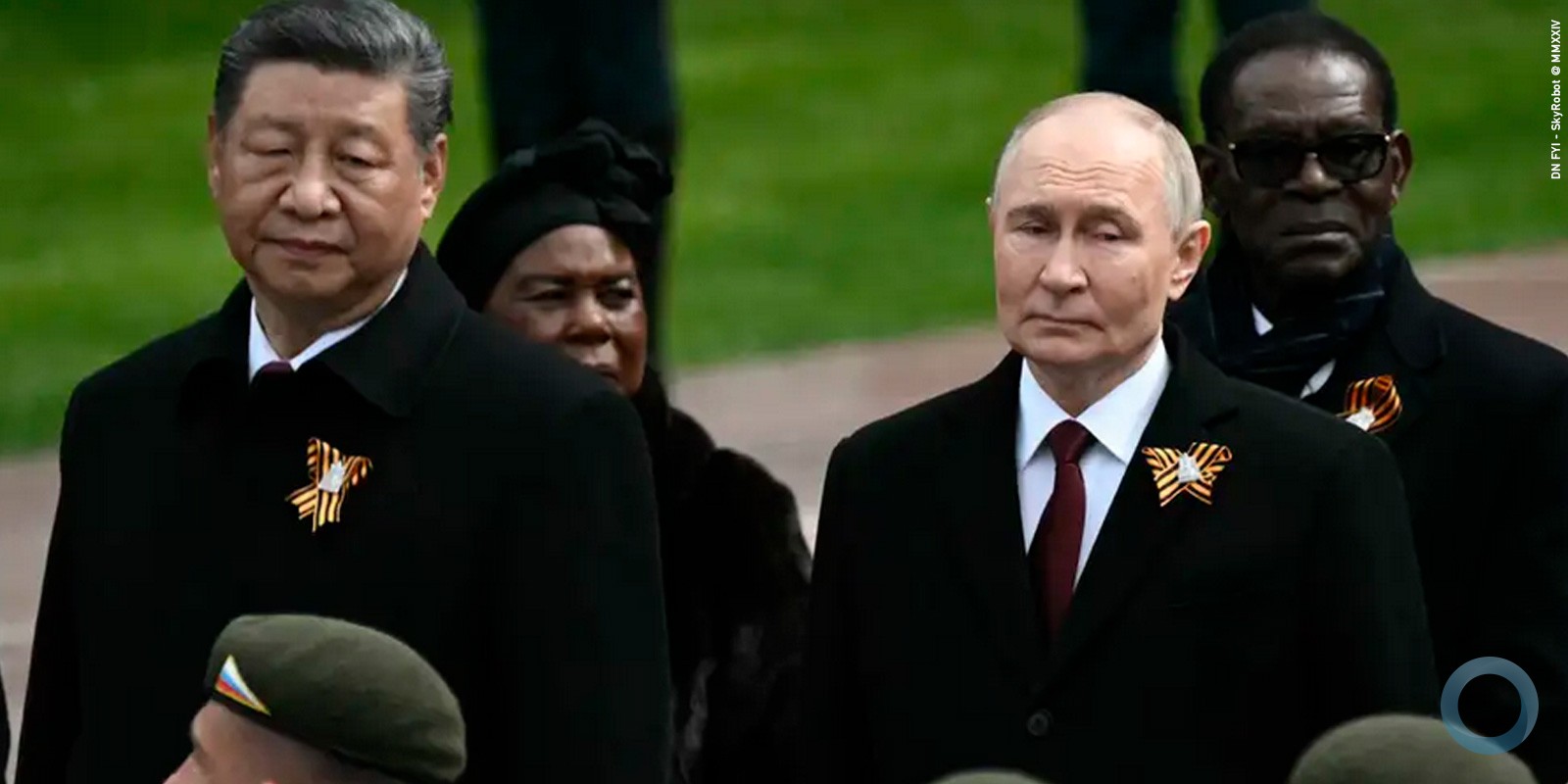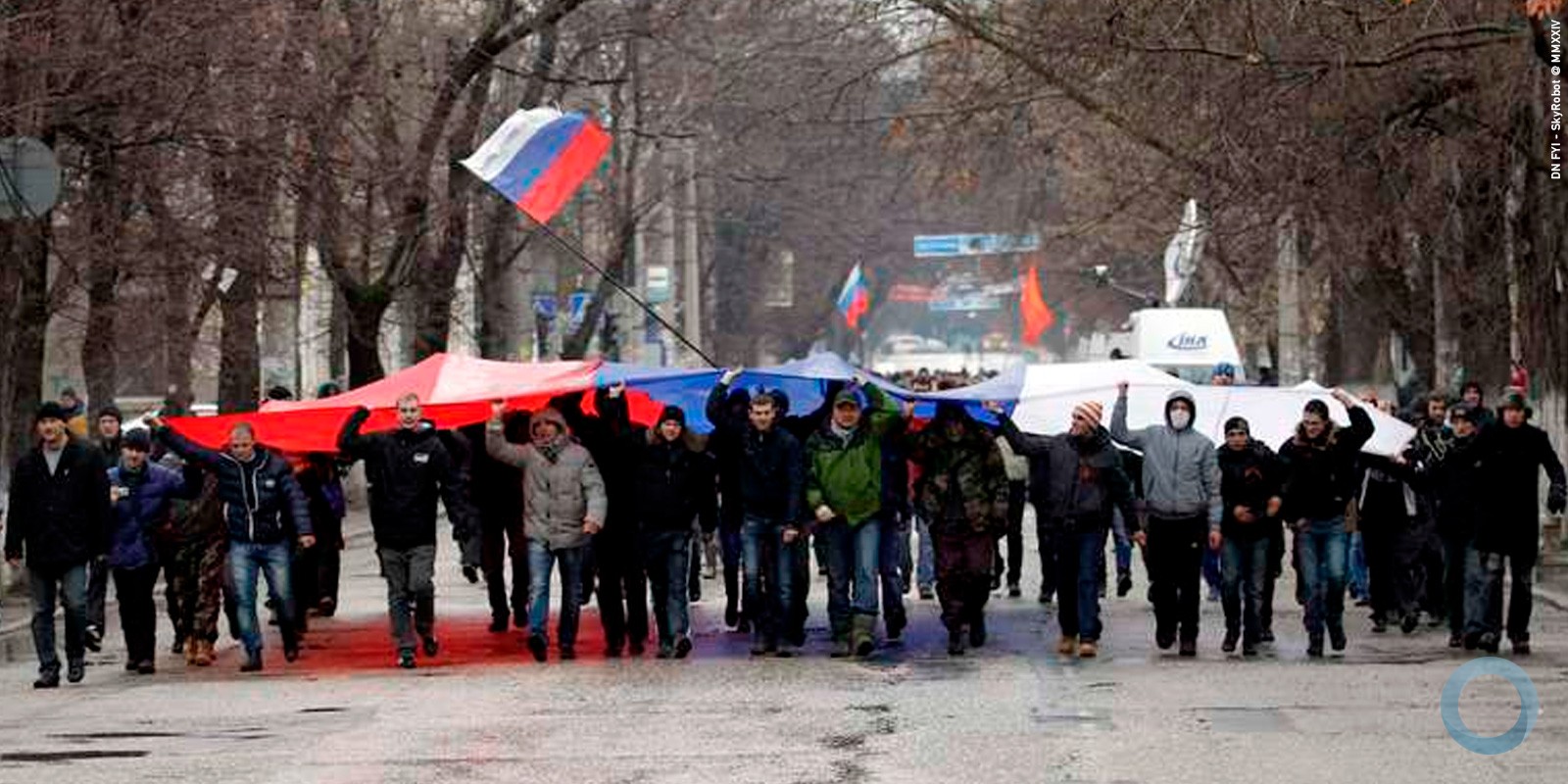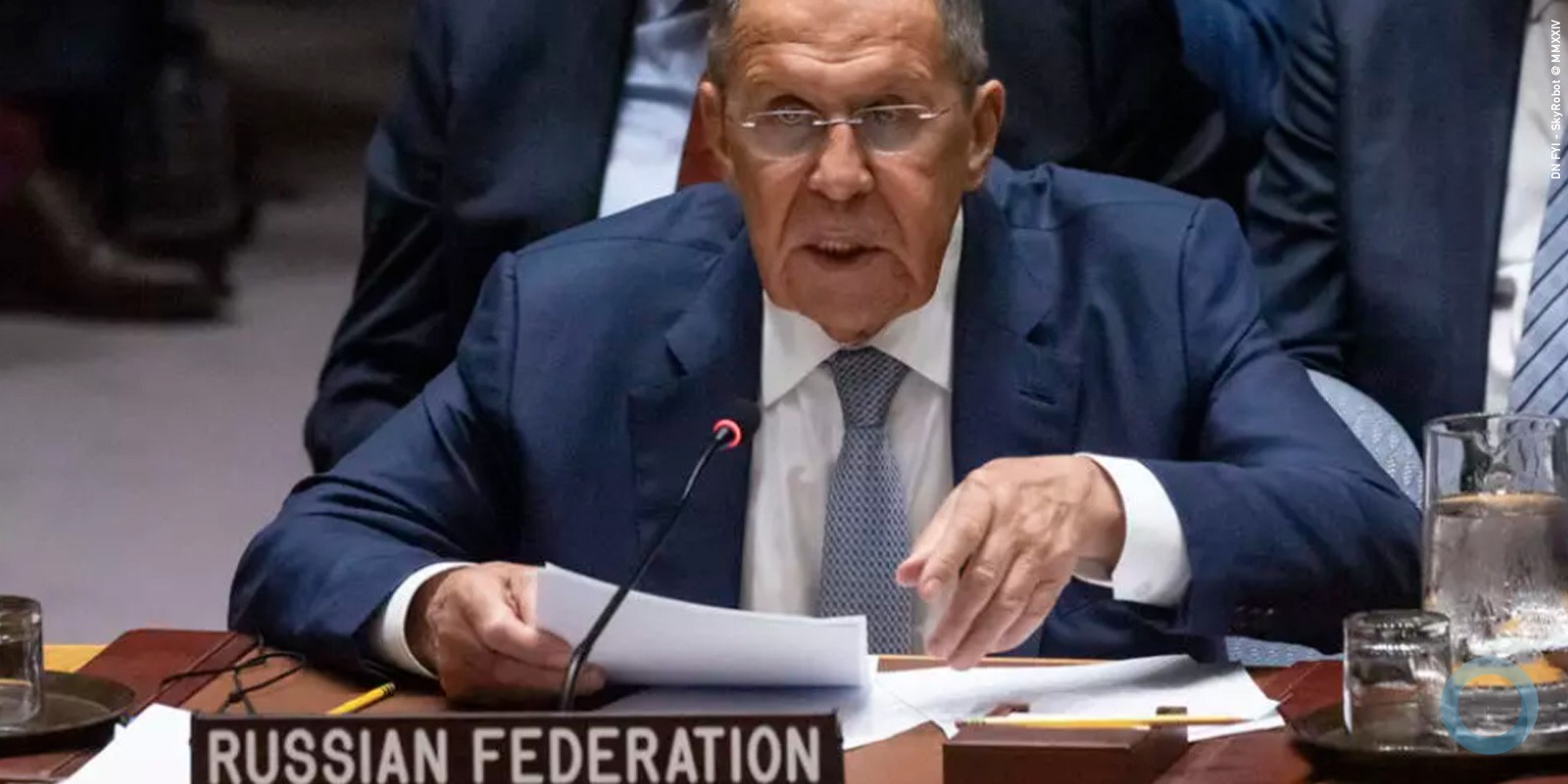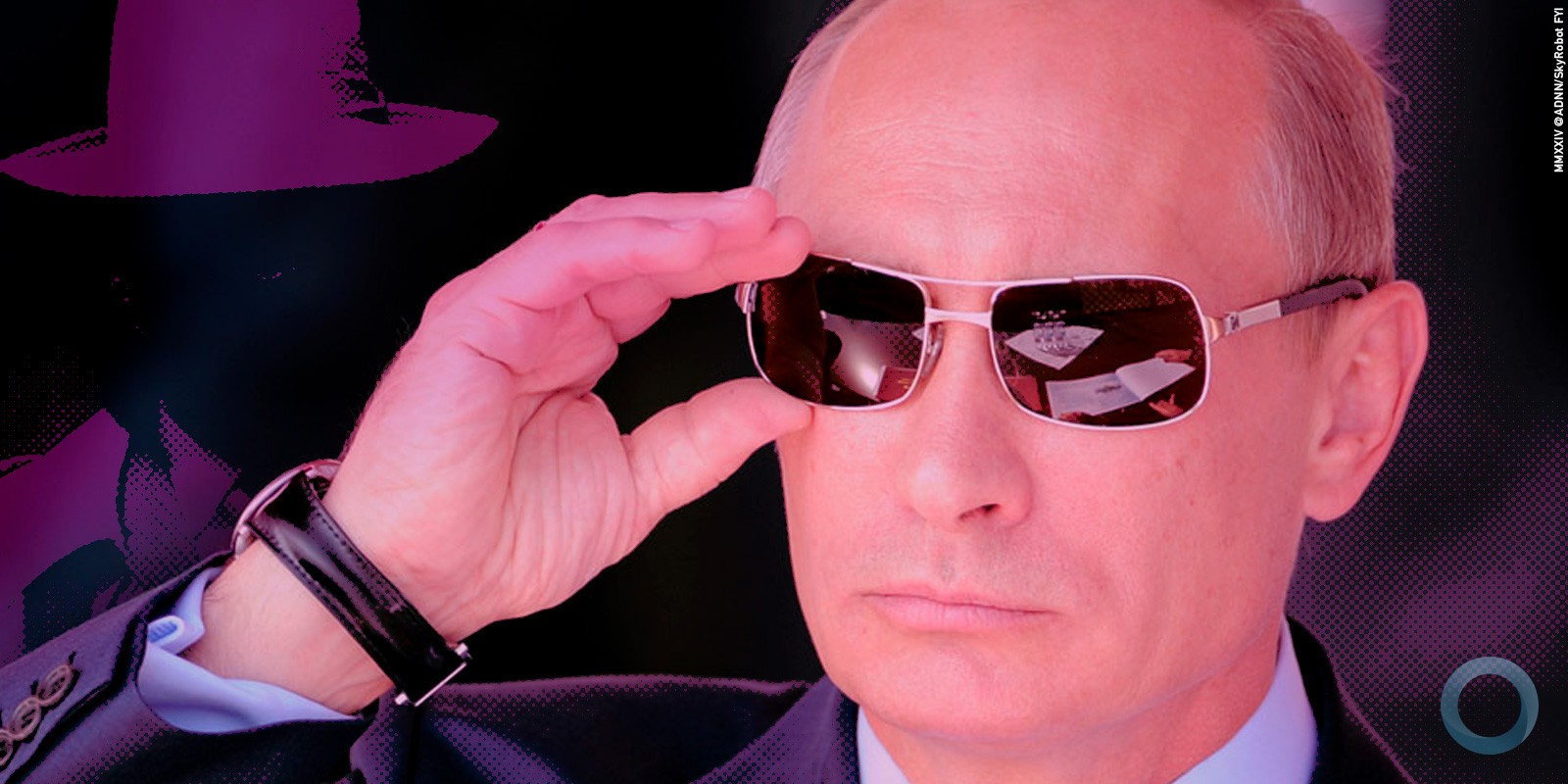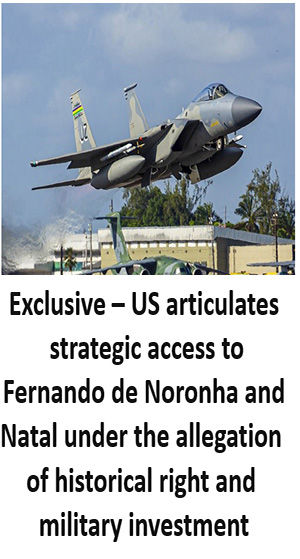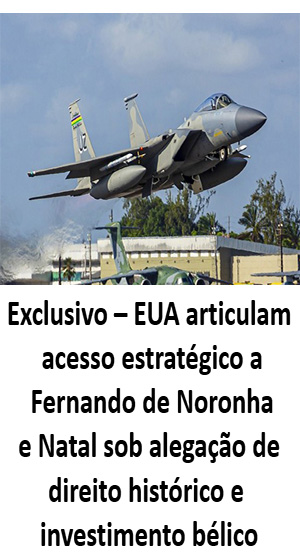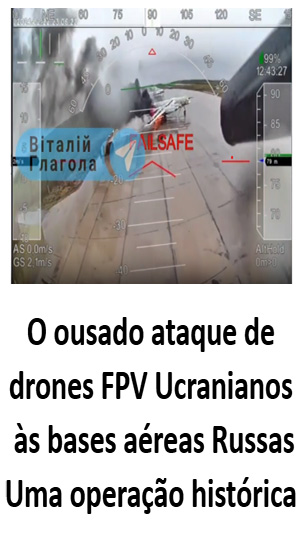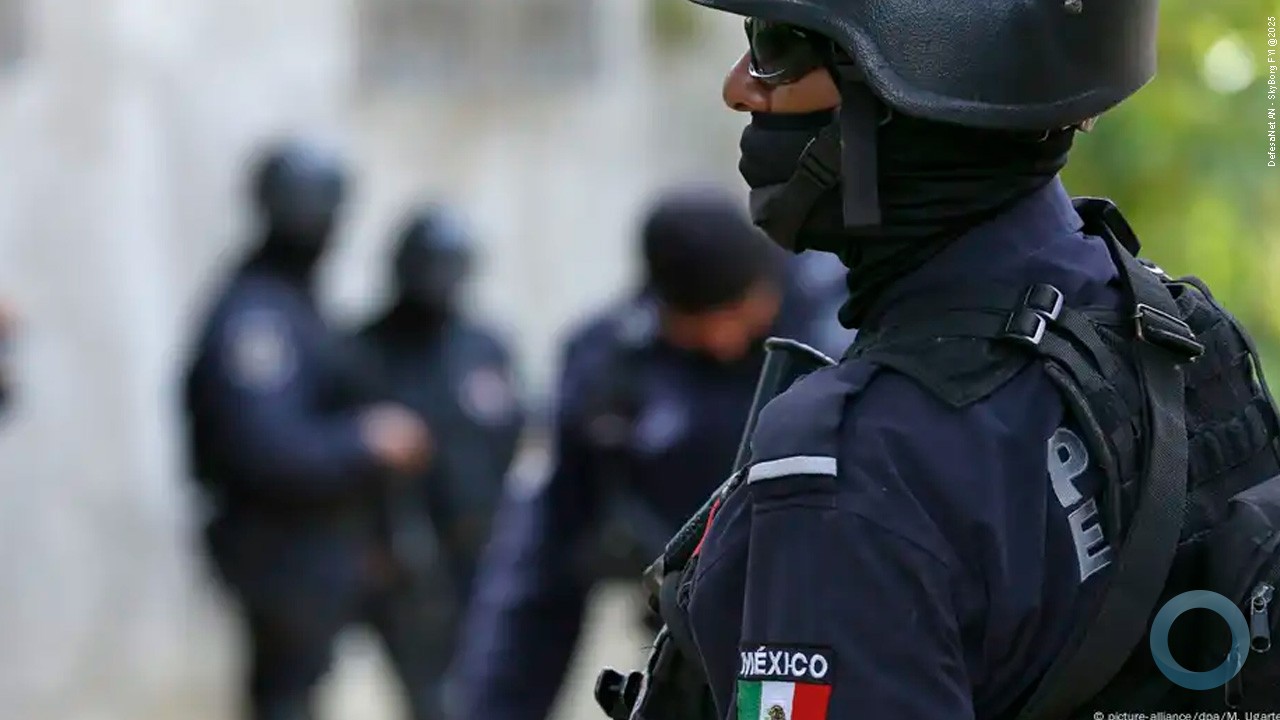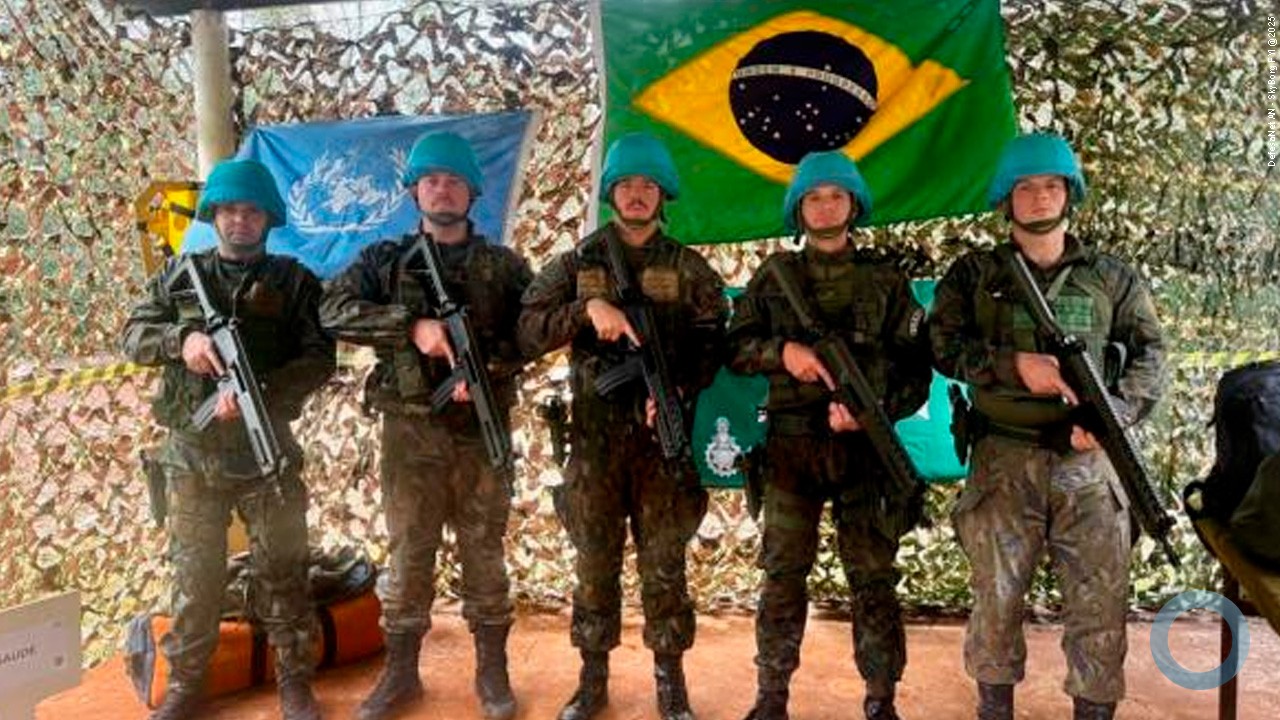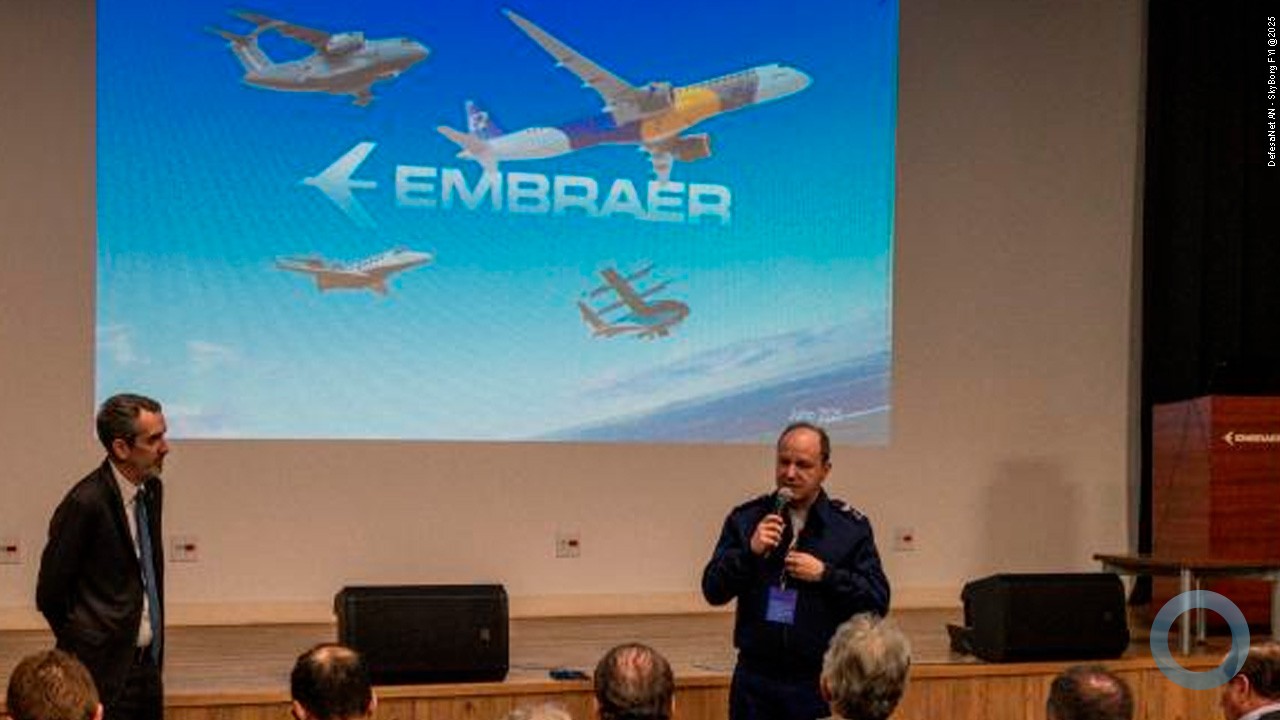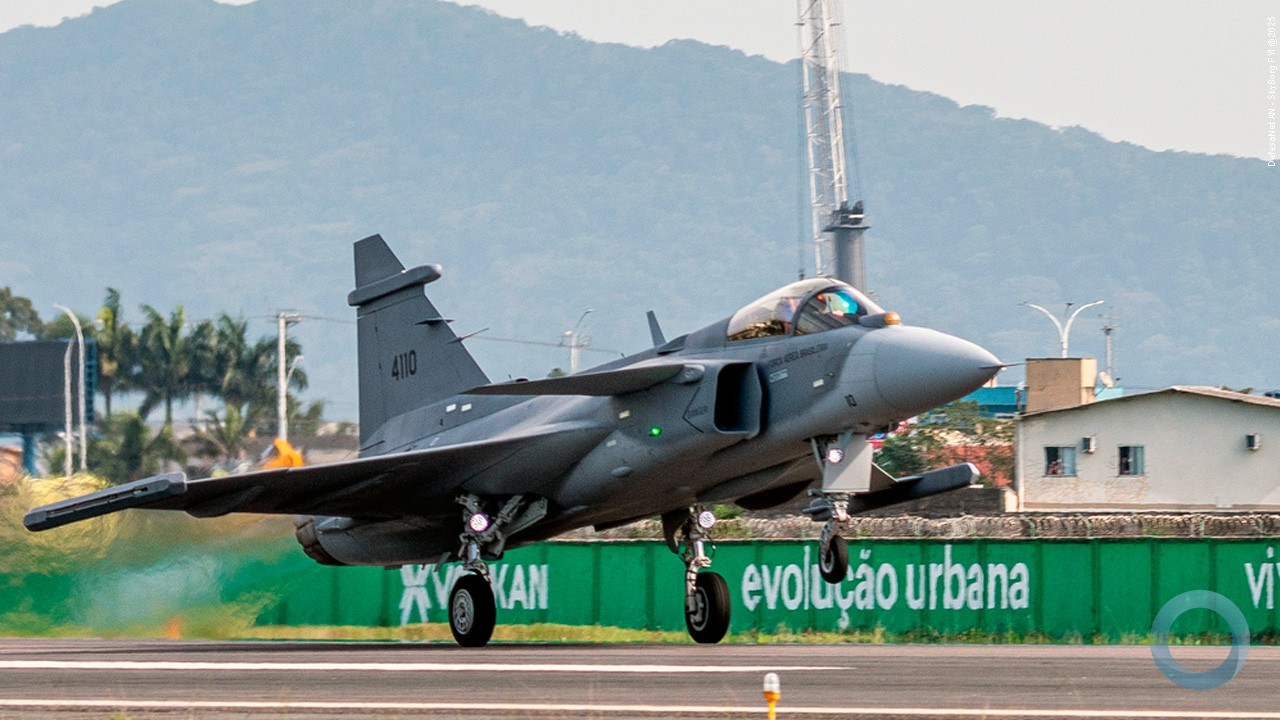According to the weekly Die Welt, Russian opposition leader Alexei Navalny was poisoned with a new and improved version of a chemical from the Novichok group.
According to the Munich Institute of Pharmacology and Toxicology, in the laboratory of which the analyzes of the Russian politician were studied, the new substance was not known to experts before the attack, and is more harmful and deadly than the “newbie” used to poison the former employee of the Russian GRU Sergei Skripal and his daughter Yulia March 4, 2018 in Salisbury, Great Britain.
According to the German side, one of the FSB agents who followed the opposition politician in the city of Tomsk added poison to the tea that Navalny drank at the airport, or applied it to the surface of a cup. Experts attribute the fact that Navalny survived as a fortunate coincidence.
German experts believe that it is possible to synthesize such a complex two-component poison only in a special departmental laboratory, and an operation using such a deadly and complex poison could only be carried out by the Russian special service.
Speaking about the involvement of the Russian special services, one should be aware that in Russian society, which is under the total control of the special services, even the leaders of the powerful FSB (formerly the KGB) are not able to make an independent decision on the use of a military nerve agent without receiving instructions from the presidential administration of Russia.
The above gave grounds for the official representative of the German government, Steffen Seibert, and then the German Chancellor Angela Merkel, to declare on September 2 that the decision to get rid of unwanted criticism of the Russian government was made by the Kremlin.
In this context, the reaction of the United States is interesting, where, based on the intelligence information received, the Department of Commerce decided to impose sanctions on three Russian research institutes that are actively developing chemical and biological weapons, including "novice" warfare agents. The US sanctions list will include: 33 Central Research Institute of the Russian Ministry of Defense in Shikhany, Saratov Region, 48 Central Research Institute of the Ministry of Defense in Sergiev Posad and its branches in Kirov and Yekaterinburg, State Research Institute of Organic Chemistry and Technology, subordinate to the Ministry of Industry and trade and its branch in Shikhany, Saratov region. The British newspaper “The Times” reported that the latter institute was involved in the creation of the “newcomer”.
Earlier, US Deputy Secretary of State Stephen Bigan, during talks with Russian Foreign Minister Sergei Lavrov, said that the United States would take tough measures against Russia if the version of Navalny's poisoning is confirmed.
The use of chemical and biological weapons by Russia outside the country is a form of armed aggression and has become the hallmark of the Russian totalitarian regime
It is worth mentioning that along with the cases of poisoning, which received wide international publicity, one should not forget about the poisoning of the Bulgarian businessman Emilian Gebrev by the GRU staff of the General Staff of the Russian Armed Forces with a "novice" type poisoning substance in 2015. On February 21, 2020, the Bulgarian prosecutor's office published the names of suspected employees of the Russian special service who had passports in the names of Sergei Fedotov (real name Denis Sergeev), Sergei Pavlov (Sergei Lyutenko) and Georgy Gorshkov (Pyotr Borisov).
As in the case of two other GRU officers, Alexander Petrov (Mishkin) and Ruslan Boshirov (Chepiga), who used a military "novice" in Great Britain, the Bulgarian poisoners received passports at the same department of the Federal Migration Service of Russia under number 770001, and crossed the border another state under assumed names for the first time.
All of the above is incontrovertible proof of Russia's continued practice of the USSR to physically eliminate opponents of the regime by any available means, including chemical and biological weapons. This continues to happen despite Russia's formal ratification of the UN international conventions prohibiting the development, production, stockpiling and use of chemical and biological weapons. Moreover, the use of chemical warfare agents on the territory of foreign states is tantamount to armed invasion and attack, unleashing and waging war, and falls under the definition of an act of aggression by UN General Assembly Resolution 3314.
To leave such manifestations of aggression unanswered is to agree that the geography of the use of the “novice” and similar poisons will only expand.
The physical elimination of opponents is just part of the Kremlin's hybrid strategy, along with violence, cyber attacks, interference in the elections of democratic countries, acts of direct military aggression, and the spread of disinformation and propaganda.
Modern Russia with the GRU and the FSB is undoubtedly the successor of the USSR with its KGB and GRU, continuing an irreconcilable struggle against freedom of speech and democracy. And today, more than ever, the question is how to reason and stop this totalitarian and aggressive state, which in its striving to violate the world order established since 1945, trample on democratic values, undermine the stability of international institutions, military force to enslave independent peoples surpasses the Soviet Union.
Today, more than ever, the world's leading democracies should unite





